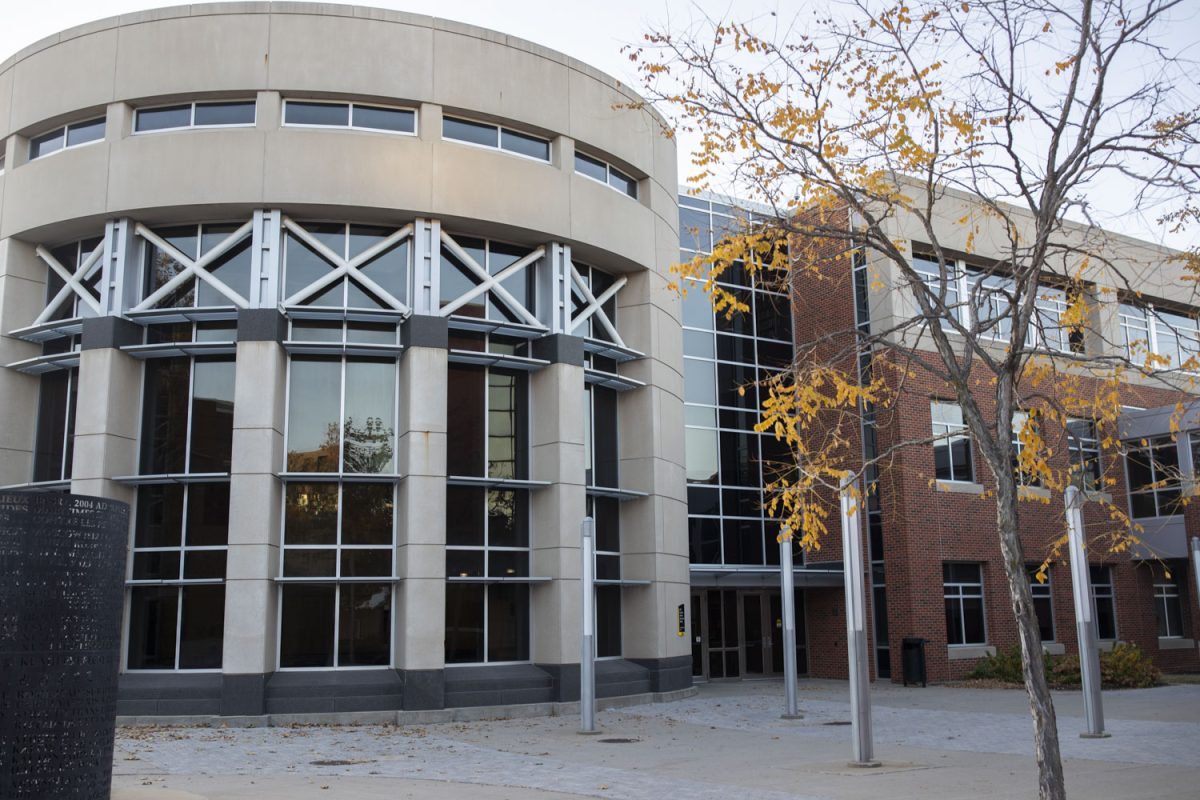In the soft spring days of 1986, the year I graduated from Iowa’s School of Journalism and Mass Communication, I submitted to my academic advisors a thesis analyzing media coverage of a military conflict in the Middle East. Almost forty years later, that same conflict hasn’t really changed much, but the way in which journalists cover war has evolved dramatically. Even more significant is the way consumers absorb news and information about the world.
Almost every aspect of journalism production and distribution is different. Print has shifted online, and television news and radio are omnipresent, buffeted by cadres of influencers and podcasters pouring content directly into your phones. Thankfully, the way journalism is taught has evolved too. Journalism schools around the country have had to adjust to new tools and techniques, preparing their students for a very dynamic and different communications environment.
Yet the fundamentals that still drive effective communication are as relevant as when the Iowa J-school was founded 100 years ago: facts and the truth are paramount; a good, well-written narrative is key to comprehension; and context is everything.
We’ll celebrate the J-school’s centennial this weekend, around Iowa’s homecoming celebrations. There’s a lot to celebrate: The Daily Iowan, where I was fortunate to have worked as an undergraduate, remains one of the country’s most-recognized newspapers for quality; and the J-school can be judged by the caliber of its students, faculty and alumni as well as countless contributions to the profession’s thinking.
As someone who grew up in a neighboring state, Iowa’s J-school deepened my understanding of the world. I learned from great teachers who had written for the country’s best papers and television outlets, honing my writing at the DI and my radio voice at KRUI. Covering the Iowa caucuses nurtured a love for politics. I studied journalism in my junior year during a semester at the City University of London, writing punchy stories alongside Fleet Street journalists on topics ranging from climate change to the coal miner strike in the UK.
I left Iowa with those gifts of curiosity and composition. A bachelor’s degree under my belt, I interviewed for a job with news outlets and politicians, eventually working as a press secretary and spokesman on Capitol Hill for 14 years. I moved abroad in the public relations industry, living in Germany and now Abu Dhabi, where communication, corporate relations and public affairs on a global level converge in my current role.
But the fundamentals taught at Iowa remain the same, and continue to inspire me. Journalism and mass communication grounded in truth is a desperately needed profession in today’s world, as honest information is under severe threat.
Governments function well when the relationship between citizens and public officials is based on reality and facts and is easily accessible. According to the Institute for Public Relations, over 200 counties in the U.S. are now news ‘deserts,’ communities without a local or regional newspaper. Most Americans get their news delivered on their devices, through social media channels. The traditional journalism business model – once underpinned by print and broadcast advertising – is under tremendous pressure. Search engines and apps have eviscerated revenue streams for mainstream media, shrinking newsrooms and budgets, making journalism a profession in need of fresh blood and innovative ideas to accompany strong values.
That’s why the ongoing work of the J-school is so important. With the advent of deep-fakes, with mis- and disinformation commonplace, the role of professional journalism and the communication industry at large is more vital than ever to help us distinguish truth from fiction. As we celebrate the 100-year legacy of Iowa’s J-school, I’m hopeful students will continue to be inspired to make media that matters well into the future.
–Brian Lott



